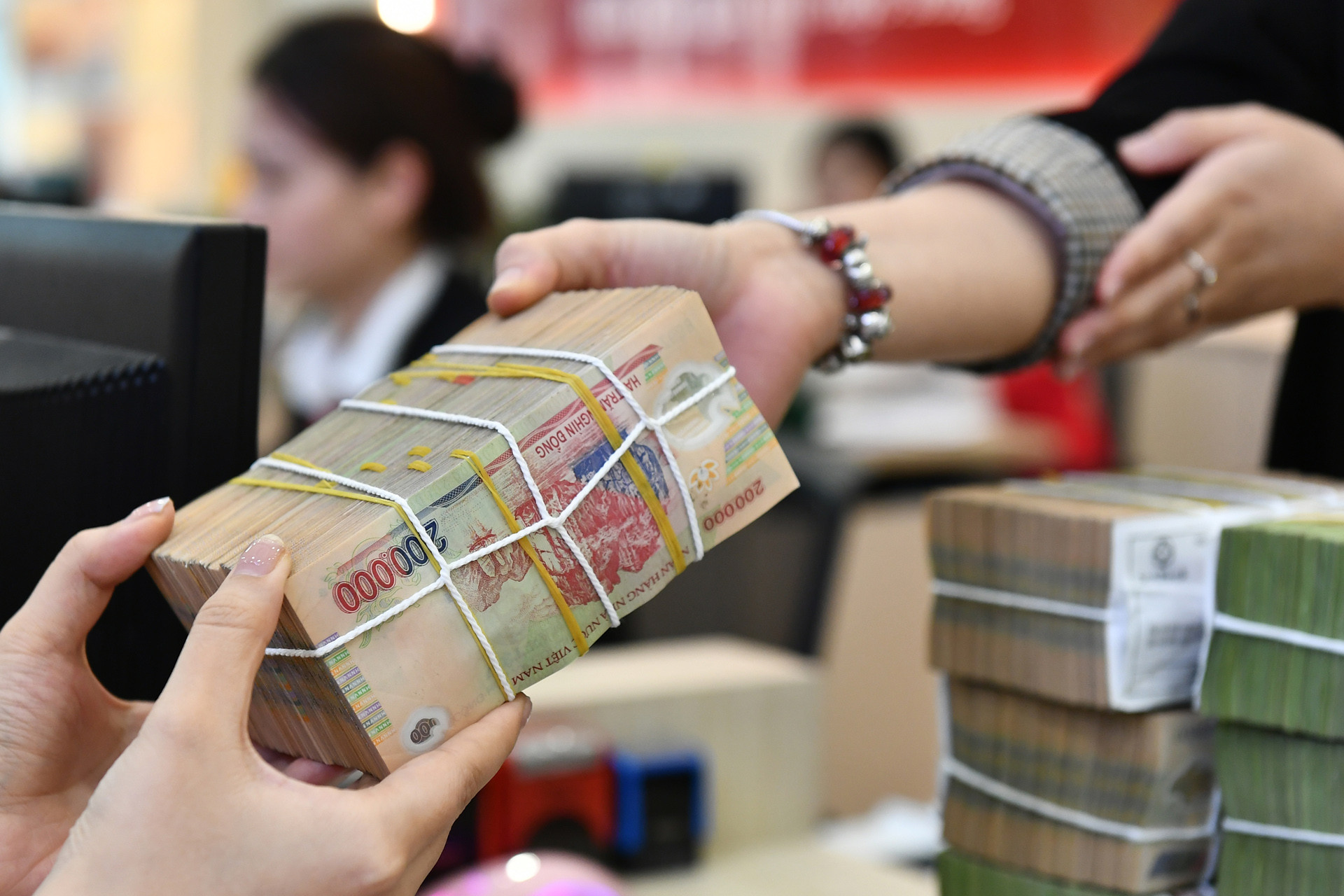
Vo Tri Thanh, Director of the Institute for Brand and Competitiveness Strategy, said at the seminar on green finance held by Dau Tu Tai Chinh Magazine on August 6 that green development is not only a strong political commitment of the nation, but also a ‘command’ from the market, as consumers want greener and safer products and like green financing (projects using fossil fuel now find it hard to access loans).
At present, 80 percent of capital is only provided to projects with ESG (environmental, social, governance). This means great new opportunities with green development.
Stressing that green finance is an institutional and technological revolution such as green criteria, standards and origin, Thanh warned that there are challenges that enterprises have to face, including costs for transition, pressure from the market and the institutional regime.
Regarding financial resources, Thanh admitted that green transition requires huge costs and huge capital. Green economy and green finance mean a comprehensive renovation. During the process, financing plays a very important role, so there must be the participation of financial institutions and funds.
In green transition, Vietnam is ‘doing while running’, Thanh said that green economy and green finance, digital economy and digital finance are still half-done. If Vietnam has to wait for related laws to be enacted, it will have to spend four more years on this. Therefore, there should be a groundbreaking policy to develop the green economy and green finance right now.
Lawyer Nguyen Thanh Ha, president of SBLaw, commented that Vietnam began building a legal framework on green economy and green finance very early, but the framework is still below expectations.
Green capital
The lack of a perfect legal framework with adequate regulations affects investors’ decisions in the market. Also, Vietnam still has not built a set of green criteria for specific business fields, so the path for Vietnam to develop green economy and finance remains challenging.
Le Xuan Nghia, a member of the National Advisory Council for Finance and Monetary Policies, said there are green financial sources, but they remain inaccessible to enterprises.
Nghia went on to say that the $15.5 billion worth of capital under the framework of the Just Energy Transition Partnership (JETP) for Vietnam to help the country’s transformation from fossil fuels to renewables still cannot find borrowers because of procedural problems.
Regarding ‘green policies, Nghia commented “we just talk rather than do’. The loans provided to develop wind and solar power projects are still commercial loans with requirements on collateral and other conditions, while the projects’ developers cannot enjoy incentives.
Also, the scale of the funds is not commensurate with the needs of green finance. The World Bank estimated that Vietnam needs up to $360-400 billion to carry out energy transformation and reduce greenhouse gas emissions from now to 2030.
Strategies to attract green capital
Nguyen Anh Tuan, financial director of PAN Group, said his company has contacted many international financial institutions and realized that sustainable finance products are suitable.
According to Tuan, in Vietnam, there are two products under the scheme, including green financial products for enterprises with large-scale green projects; and products that require enterprises to make commitments on reducing emissions in accordance with ESG criteria. PAN Group is accessing both products.
Analysts said enterprises can access green financial resources, and there is no need to rely on state’s capital. However, in order to approach international financial institutions, enterprises must have foundations for sustainable development and sustainable administration.
How to drive cash flow to the right addresses was a question raised by IIA Vietnam President Hoang Duc Hung.
Hung said enterprises need to show that they are ‘green’. Before funneling money to enterprises, capital providers will have to assess the enterprises, and enterprises need to show reports so that relevant parties can see their strong commitments to go green.
The disadvantage of Vietnam is that it still doesn’t have a report about ‘going green’ plans.
Tam An